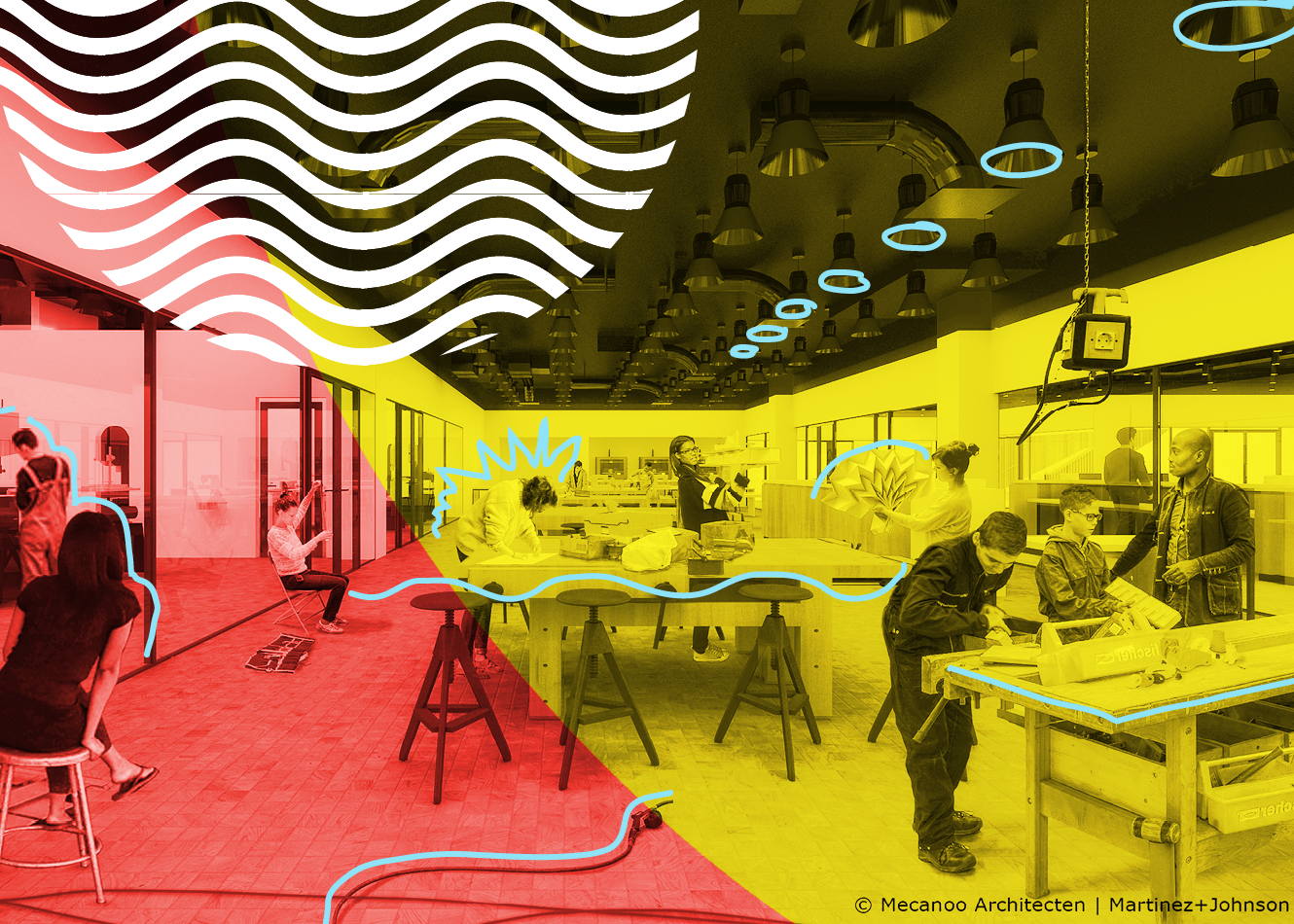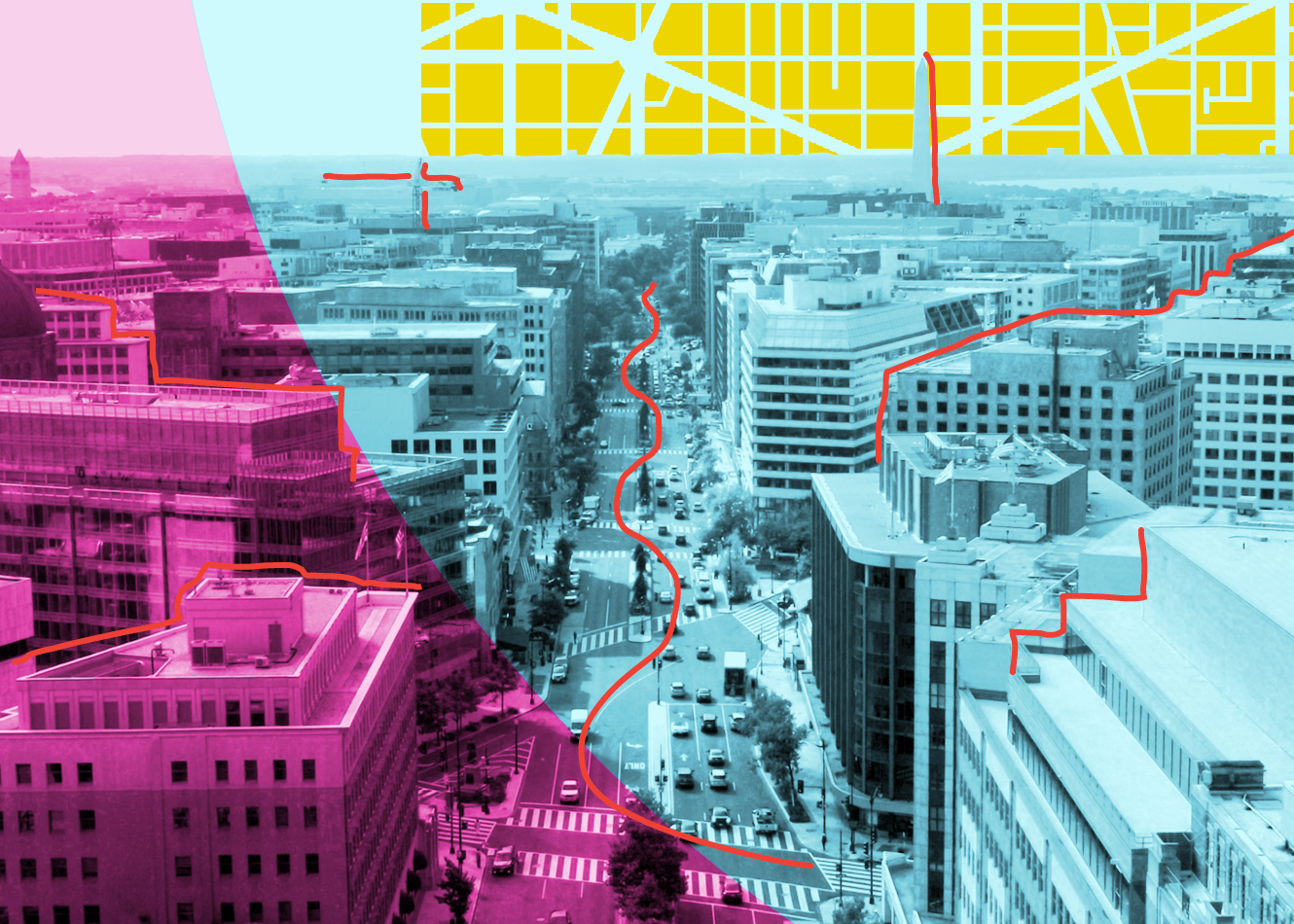SXSW Programming
WeDC House @ SXSW
Join Washington, DC’s top tech leaders, makers + creators, and public officials to experience all the city has to offer in technology, innovation, social entrepreneurship, and the arts. Find out what it takes to become the “Capital of Inclusive Innovation” with programming, interactive activations, networking, and entertainment showcasing DC’s talented and vibrant communities.
On the SXSW
Official Stage
Beyond the Books: DC’s Libraries Foster Innovation
Friday, March 13 | 12:30 PM – 1:30 PM
As public libraries across the country modernize, adapt for technology and innovate for learning, the way we think about them goes beyond the books. Washington, DC is working to identify city-hubs to offer integrated and innovative learning and development opportunities for individuals regardless of their socioeconomic background, education level, physical ability, or other factors. The re-imagination of DC Public libraries through the creation of co-working labs and maker spaces is helping the city realize the Mayor’s vision of making DC the “Capital of Inclusive Innovation.” Located across all 8 wards in DC, libraries are fostering dialogue, technology education, skills development, and entrepreneurship, while empowering all people to actively participate in an innovative ecosystem.
Speakers:
- Richard Reyes-Gavilan, DC Public Library
- Susan Benton, Urban Libraries Council
- Ken Eisner, Amazon Web Services
- Unique Morris-Hughes, DOES
21st Century Colonists: The Case for DC Statehood
Saturday, March 14 | 9:30 AM – 10:30 AM
Washington, DC residents are disenfranchised in a way that most Americans would not imagine possible – denied voting rights in Congress despite paying taxes, serving in the military, and having all the other obligations of United States citizenship. Not only are DC residents deprived of full voting representation in Congress, we are also subject to the politically-motivated whims of members of Congress from other parts of the country. Any law or budget that we as citizens support must be approved by Congress. The people of Washington, DC contribute more per capita in taxes than any other state, we are have larger GDP than 17 states, and our population is larger than Vermont’s and Wyoming’s. In short, DC is ready for statehood!
Speaker: Mayor Muriel Bowser
And others to be announced
Register


At the
WeDC House
March 14, 2020, Antone’s Nightclub, 305 E 5th Street
How Washington, DC Became the Capital of Inclusive Innovation
By supporting and uplifting people of color, women, and other communities that too often get overlooked or ignored in tech, DC has become the capital of inclusive innovation. Over the past four years, public and private sector partners have been working together to incorporate best-practices from the Mayor’s “Innovation & Technology Inclusion Council” (ITIC), advising the public on ways to scale DC’s tech-economy and increasing investments in the District’s high-tech businesses. Learn more about DC’s focus on inclusion and diversity and how it is driving technological innovation and economic growth.
DC’s Cannabis Conundrum: States are Leading, Congress is Impeding
In 2014, DC residents voted overwhelmingly to decriminalize the possession and personal use of cannabis. Unfortunately, nearly six years later, Washington, DC still does not have a tax and sale regime that would allow adults to legally and safely purchase cannabis. Why? Congressional interference. As a result, adult use of cannabis is unregulated, untaxed, and sometimes, even dangerous. Perhaps of even greater concern to our friends living outside the nation’s capital (especially in states with marijuana programs) is the possibility that the current administration will end years of non-interference in state laws regarding cannabis. Americans have spoken and voted, states have listened and governed accordingly, and now it’s time for us to talk about common-sense cannabis reforms. Join us for this panel to learn more about Washington, DC’s cannabis conundrum.
Building a More Equitable Food Economy
Local food businesses can be key drivers of job creation and economic mobility, while also providing access to healthy, fresh food options in urban areas. Although the food economy in Washington, DC is booming, employing over 71,000 workers and generating $579 million in tax revenue, too many low-income residents continue to experience high unemployment rates and inadequate access to healthy food retail. DC is taking bold steps to address the root causes of food insecurity and creating more meaningful pathways to the middle class. Learn more about efforts like DC’s food workforce development strategy and new funding streams to invest in locally owned food businesses serving the most underserved parts of the District.
The District’s Got Talent! How to Build an Inclusive Tech Workforce
As cities adapt through technology and innovation and position themselves for “jobs of the future,” Washington, DC is leading the work to ensure diverse candidates are prepared to fill new jobs. This District is bridging talent gaps and building an inclusive workforce by harnessing private sector resources and combining them with community-based tech training. The result? A strong economy and a diverse workforce. Learn strategies for supporting underrepresented populations and tapping into local talent.
Register
